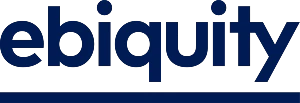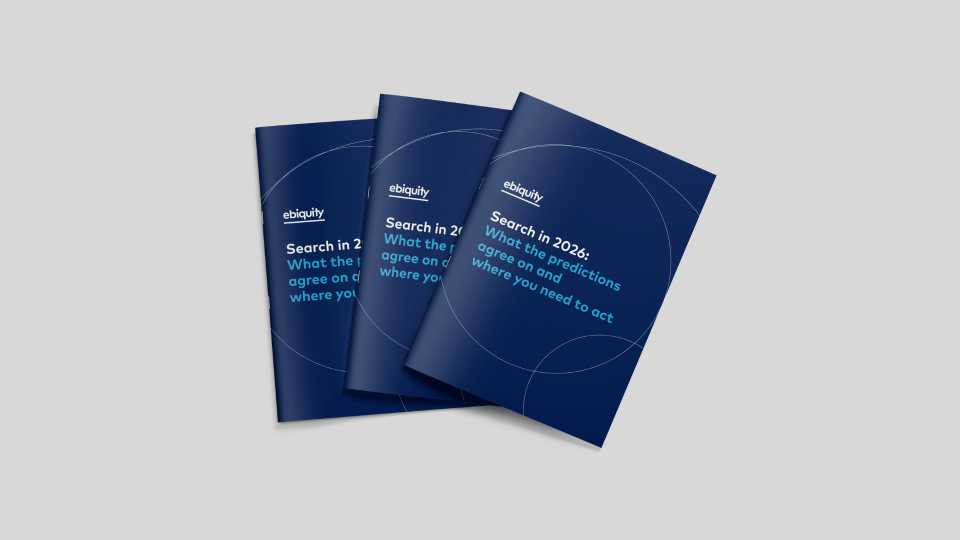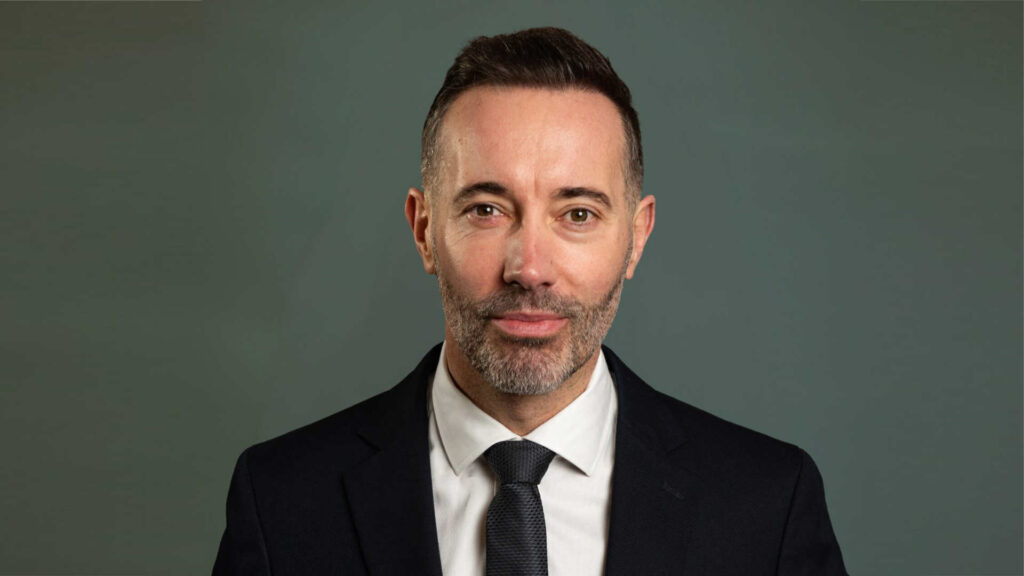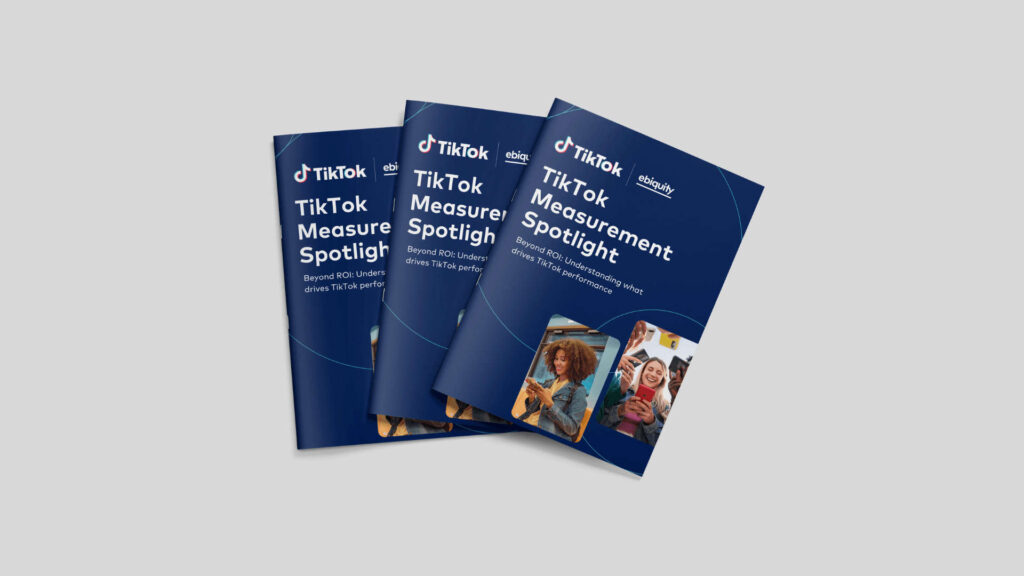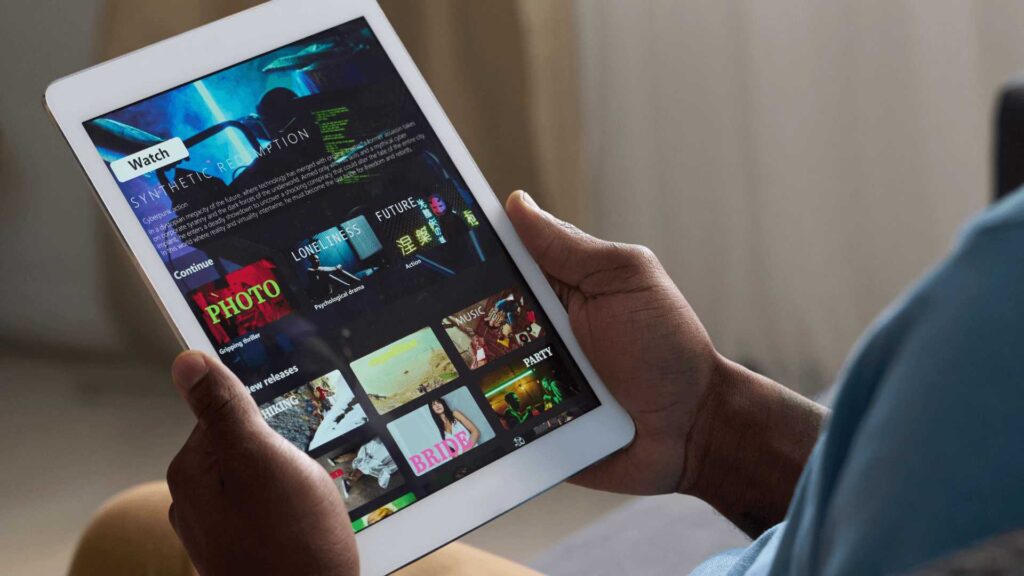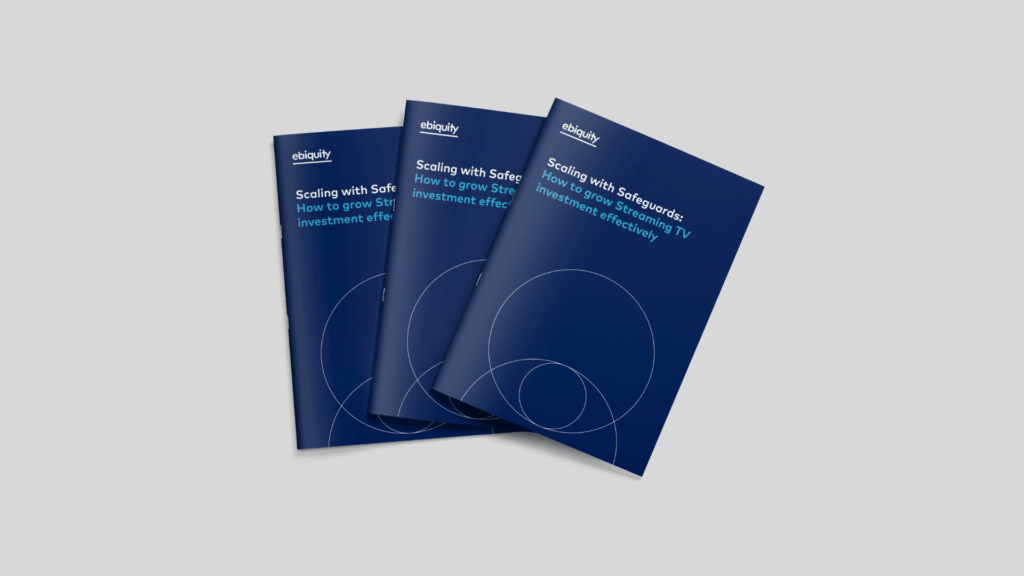In most countries around the world, the intensity of coronavirus lockdown is easing and our horizons and opportunities are gradually opening up. The great majority of knowledge economy workers are still working from home – and perhaps indefinitely, for at least some of the working week – but many companies are starting to put in place concrete plans for the gradual (if partial) reopening of offices. Before too much of the old way of doing things creeps back into our ways of working, it’s worth pausing to reflect on what has allowed certain brands to pivot quickly and successfully, and how we can apply our lessons from the past few months going forward.
New priorities during the pandemic
It’s become abundantly clear that, despite the backdrop of Zoom Fatigue, some of the new ways of working have proven highly effective. Exhausting, pointless business travel is largely consigned to history when we now know that the same (or better) outcomes can be achieved in a fraction of the time, with a fraction of the effort, and at a fraction of the cost. Tech has fast-tracked working from anywhere to be both efficient and sustainable.
But the defining and most positive characteristic that has come shining through in the first half 2020 is agility, or the ability to move, think, and act quickly, both individually and as teams. Many brands and agencies, media platforms and consultancies have achieved remarkable things at remarkable pace under the cosh of COVID-19, and this is something I believe we should make a conscious and collective effort to sustain.
I’ve written before about the ways in which this new agility has enabled talent to shine through, from brands as diverse as British Gas and KFC. And as we move into the post-pandemic world, I truly believe that agility and the ability to innovate at pace and at scale – while maintaining a long-term focus – will be the defining characteristics of brands that recover and grow in the next normal. And those that will find it most straightforward to stay agile will be those who have a clear and authentic purpose that drives not just their marketing strategy but their business strategy.
The role of purpose
Yet, there have been mutterings and rumblings in the marketing and business media during the past quarter suggesting that purpose might have had its day. Some have said that some of the dramatic moves that brands have had made in response to the crisis – pivoting manufacturing, shutting down operations to preserve cash, setting up new distribution channels – have rendered purpose redundant for the medium-term future. Black Lives Matters has revealed another area for brands to tackle, and rightfully, prioritise.
Has purpose had its day? I believe the opposite to be the case. Taking the long-term view, the importance of responsibility to consumers in relation to making brand choices has tripled over the last ten years.[1] Edelman ran a special Trust Barometer in the thick of the crisis, and found that 65% of people agreed that the way a company responded to the crisis would have an impact on the likelihood of them buying its products in the future. And another 37% of respondents claimed to have switched brands or used a new brand as a result of the way it responded to the outbreak.[2]
In fact, purpose will become even more central to the long-term success of brands around the world who must respond to crises quickly and sustain the agile way of working. But this will only happen if their business and marketing strategy is properly aligned around an authentic and relevant expression of purpose that the brand is able to deliver and live up to. British Gas, for example, was able to leverage their position as being critical to the UK’s national infrastructure during lockdowns and quickly pivoted to communicate positive messages using a “there for you” strapline. Their campaign achieved above-average salience, especially amongst younger consumers who were previously a difficult audience to engage with the brand.
A great, well-articulated purpose is like a lens through which a brand can look to determine whether a particular path of action – a new campaign, an innovative partnership, addressing audiences using a new channel or platform, or any other corporate action – is suitable or not. Purpose can be like a thought-through shortcut – a heuristic – that facilitates better, quicker decision-making, provided its baked into the brand’s DNA. But purpose can be an exercise in woke washing and bandwagon jumping, and where that is the case I’m 100% with the cynics.
Unilever is well recognised as a great example of a house of brands that lives purpose at the heart of the strategies it uses to build and sustain individual brands, as well as its corporate brand. From the acquisition of Ben & Jerry’s in 2000 to the brand imprint process all brands went through in the years that followed and on to the company’s sustainable development plan of the twenty teens, all Unilever brands today are required to be guided by purpose.
The fact that Dove knows it exists to help women enjoy a positive relationship with how they look and ensure the next generation grows up with enhanced self-esteem facilitates agile decision-making. It’s what led to its Real Beauty Pledge a couple of years back, that (a) they would feature real women, not models in their ads, (b) portray women as they are in real life and never digitally distort images, and (c) help tens of millions of girls around the world build self-esteem and positive body confidence.[3] With purpose baked into business strategy, decision-making – including in marketing – is straightforward. Purpose makes agility easy, not risky, and this will matter more than ever post-pandemic. Agencies are taking note. Wavemaker, for example, is making “positive provocation” one of their key differentiators, alongside what they call “modularity”, a new agile approach to building client propositions.
At Ebiquity, we have recently set up and are running a Recovery & Growth Council in partnership with ISBA, with members including senior marketers from some of the world’s biggest and most purposeful brands. Our aim is to provide a forum for CMOs to come together, share what they have learned from marketing in the age of coronavirus, and support one another as they and their peers move into what comes next.
Our intention with the forum is to provide marketers with the shared experience and ammunition to ensure that their businesses appreciate marketing as an investment to lift them out of the impending recession rather than a cost to be cut. And while the Council operates under Chatham House rules, it’s breaking no confidences to share the fact that maintaining agility is a hot topic.
Make decisions driven by purpose
Some brands have started working in both short-term and long-term teams, where the short-term team can make opportunistic and agile decisions and the long-term team can plan three, six, 12 months ahead. With the long-term team the guardian of brand purpose, the short-term team can check in with their long-term partners to ensure that seizing on an opportunity isn’t running counter to brand purpose but is very much aligned with it.
Outdoor clothing brands Patagonia, North Face, and REI were the first to pull their ad spend from Facebook because of the platform’s failure to tag misinformation and flag hate speech content in the heat of Black Lives Matter. This decision might previously have attracted little attention. Indeed, many brands have boycotted digital advertising platforms for brand safety reasons for years. But all three brands identified that Facebook’s inaction was inconsistent with their business ethics and purpose – and they signed up to join the Stop Hate For Profit campaign. They have chosen to withdraw spend designed to deliver ROI because to continue to advertise on the platform would compromise their brand ethics and purpose. The campaign is growing momentum and supporters, with Unilever, Coca-Cola, Hershey’s, Verizon, and others joining taking part.
Keeping agile in the long-term
As we move into the post-pandemic trading environment, where more and more products, brands, and services are open for business once more, those that recover and grow and keep agile will be those that have a really clear view of their role and purpose as a business. When this happens, suppliers and agency partners know and understand the real brand better, and winning activities can be co-created quicker. Moving fast – particularly moving fast and breaking things – is not the goal. Moving fast in the right direction – to steal share of voice and share of market from those less agile competitors who don’t have a clearly-articulated purpose baked into their business strategy – will be the key to success in 2021 and beyond.
[1] BrandZ (as reported in WARC)
[2] Trust and the Coronavirus, Edelman
[3] Dove’s Purpose Project, https://bit.ly/31ihZsC
